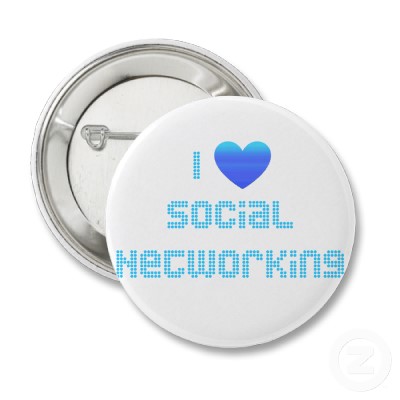The rioting that erupted in Tottenham following a protest on August 6th and which subsequently spread to other areas of the capital and the country over the following days have raised some important issues about the roles played by social networking and portable gadgets in modern society.
At first there were criticisms of the BlackBerry Messenger service operated by RIM as this was seen as being a tool for rioting youths to communicate with one another in a way that could not be intercepted or monitored by the authorities. This, some claimed, was adding to the sporadic nature of the riots that made them initially difficult to counteract. Of course underlying social issues and a plethora of other complaints have since eclipsed this debate, but there is no doubt that Twitter, Facebook and instant messaging have begun to play a huge part in British society.
On Tuesday 9th of August after another night of rioting a campaign to clean up after the disturbances was kick-started on Twitter and subsequently began to trend around the world. This allowed local Londoners and those form outside who wanted to lend a helping hand the chance to get together and literally tidy the streets and restore some sense of normality. Those who made claims that social networking was a damaging force that fuelled the riots were countered by commentators who stood up for Twitter and other sites, explaining that 24 hour news reports and constant coverage was glamorising the violence and not aiding in its own right.
Rioters who bragged about their looting on Twitter or created Facebook groups dedicated to organising more action were targeted by those who wanted to identify the culprits to the authorities and prevent social networking being used for malicious purposes. This incredibly complex issue is clearly multifaceted and is stirring up controversy at every turn, but there is no question that smartphones and social networking are playing their part in the riots of the 21st century.
One particularly pertinent point being made by some observers is that ultimately the technology and social networking sites are neutral, only as good or as bad as the people who are harnessing them. Before the Apple iPhone and BlackBerry Messenger were widely used, text messaging was the main means of organising any kind of meeting. Going back further still telephone boxes and landlines were key. Prior to telephones it was leaflets that helped to spread messages, for good or ill. In short, those coming down hard on technology and social media are largely missing the point.
What do you think about it ? Share your views below !

Doesn’t surprise me to be honest. Social networking can bring us together for good, like when it brought the volunteers together to help clean up the mess, and for bad, to stir more trouble. I just hope this all flattens out soon.